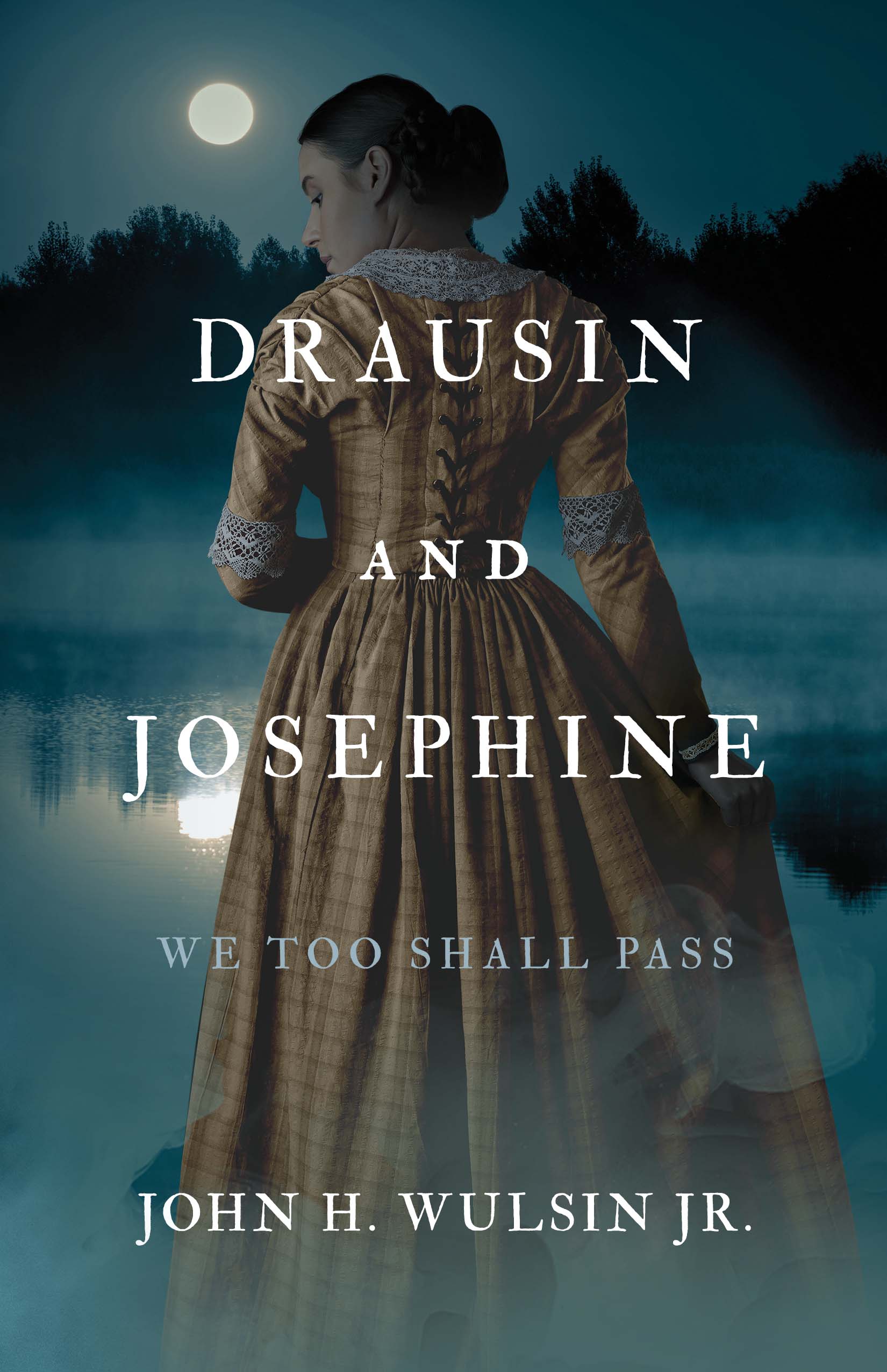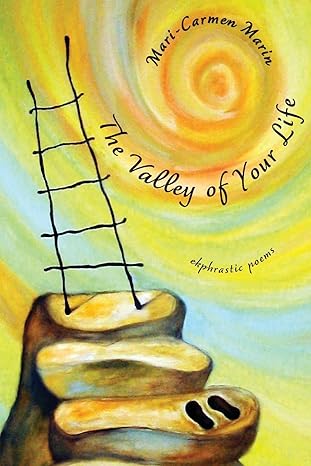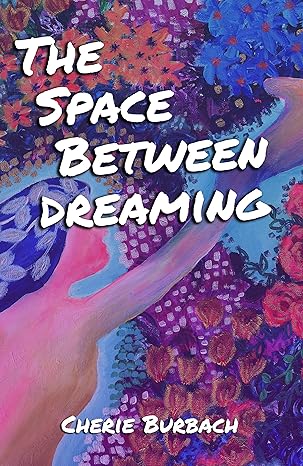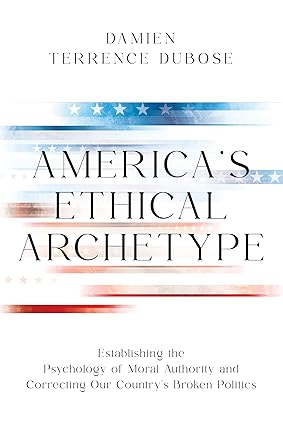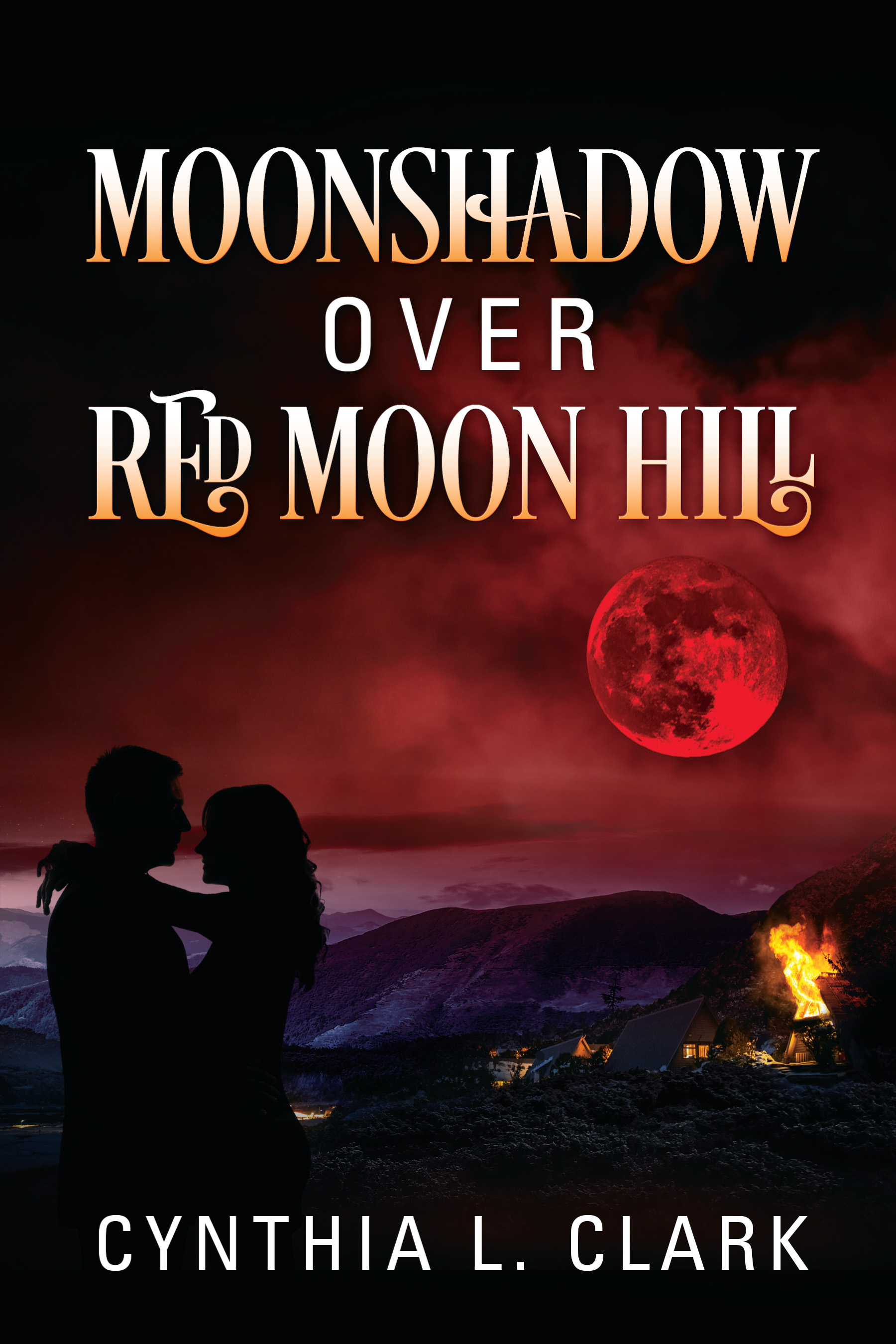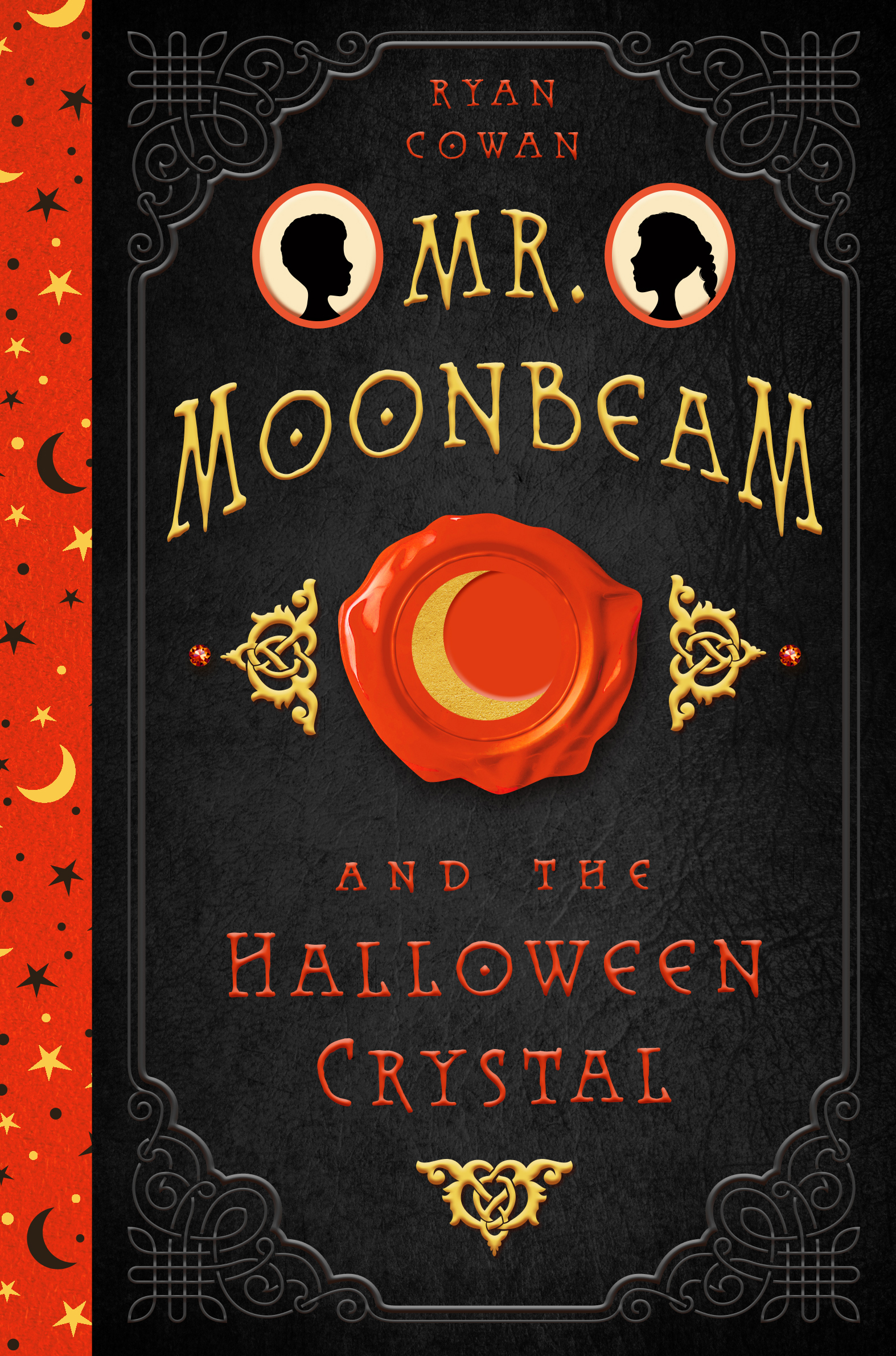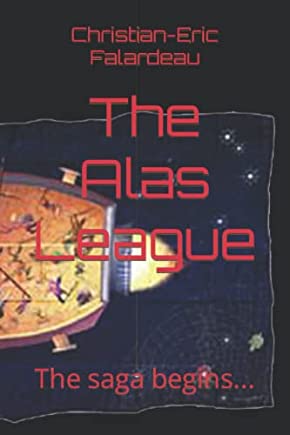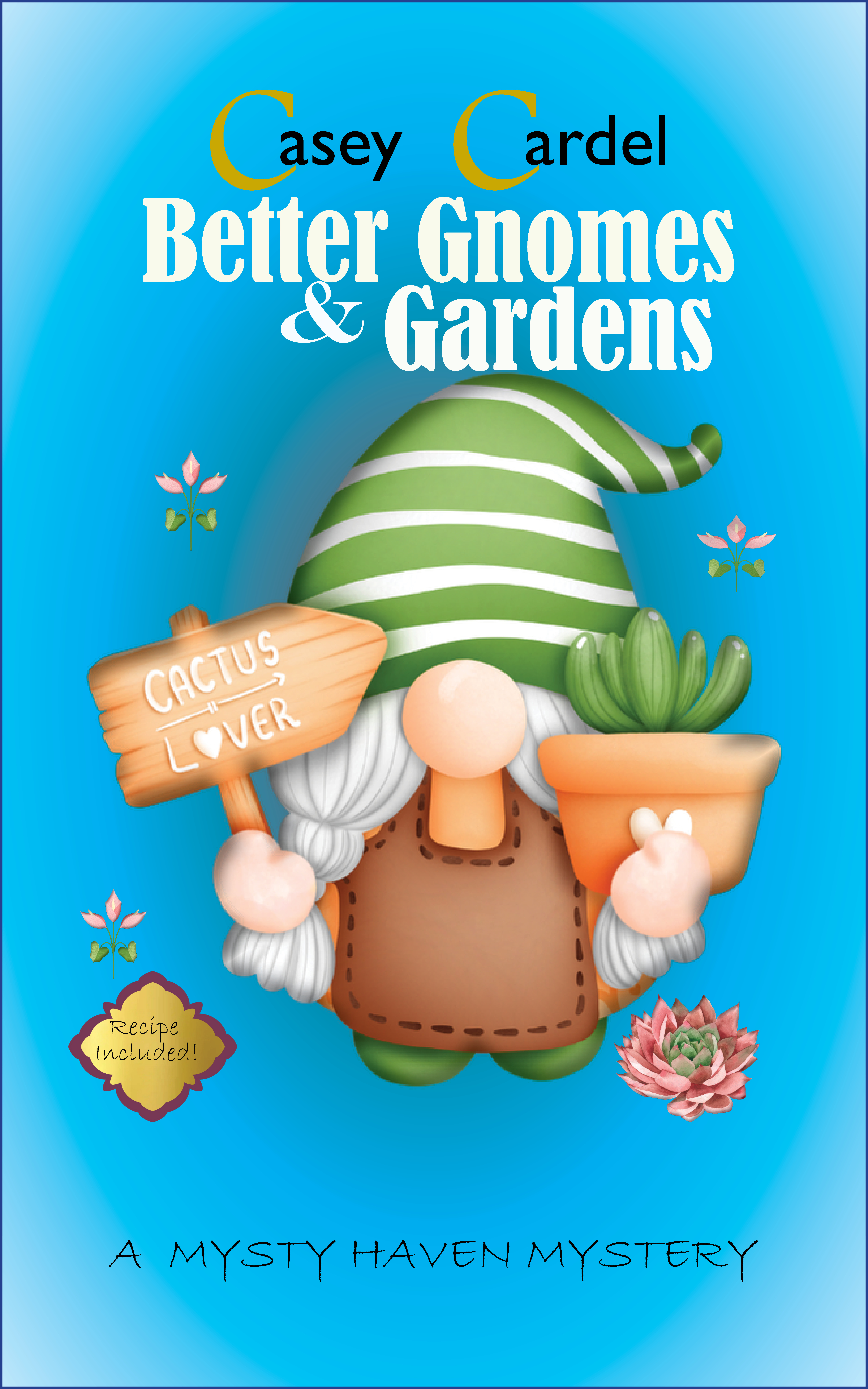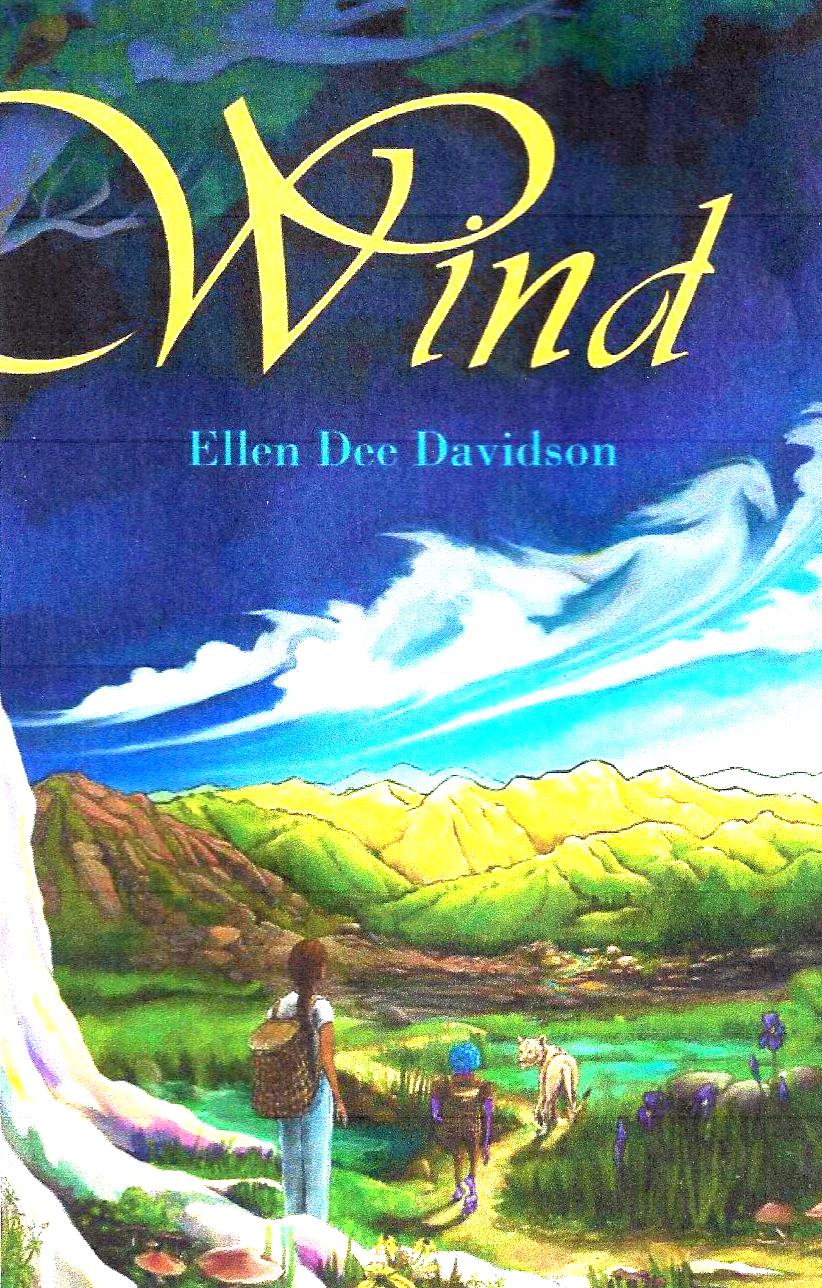DRAUSIN and JOSEPHINE: We Too Shall Pass
| Category: | Historical Fiction |
|---|---|
| Author: | John H. Wulsin Jr. |
| Publisher: | Atmosphere Press |
| Publication Date: | December 3, 2024 |
| Number of Pages: | 502 |
| ISBN-13: | 979-8-89132-497-8 |
In John H. Wulsin Jr.’s DRAUSIN and JOSEPHINE: We Too
Shall Pass, Drauzin Valsin Bacas uncovers his father’s secret of passing as
white in 1850s New Orleans. Banished and fleeing racial oppression, he and his
wife, Josephine, navigate the perilous world of white identity in Cincinnati.
As they confront family legacies, they must consider the cost of denial and the
hope of future generations. This is a powerful work of historical fiction that
richly weaves personal and communal narratives against the backdrop of early
19th-century New Orleans. The tale follows the intertwining lives of Drauzin
Valsin Bacas and Josephine Young, exploring their struggles, identities, and
the universal search for belonging amidst a society that enforces rigid racial
and social hierarchies.
The central plot encapsulates a series of familial
connections affected by the harsh realities of slavery, the challenges of
mixed-race identities, and the oppressive environment of a society in which
individuals strive to attain dignity. Drauzin and Josephine's future reflects hope and trepidation as they face the challenges imposed by their
heritage, eventually culminating in their mutual aspiration for connection and
love. The narrative is littered with poignant moments. An example is during Josephine's
wedding ceremony, where an intense sense of grief and joy mingles. Adorned in her wedding attire and surrounded by her loved ones, Josephine reflects on her deceased husband, Simeon Mathé, while celebrating her daughter’s union with Drauzin. This duality of emotions
powerfully illustrates the complex nature of familial ties and love
transcending time and loss.
The characters are nuanced, and the author’s exploration of heritage
is impeccable. Josephine's quest for identity leads her to a deeper
understanding of her heritage, and as she questions her racial lineage with her
mother, the emotional weight of this conversation lays bare the societal
constructs of race. The frank discussion between mother and daughter about
their ancestry—and how society imposes labels—manifests a longing
for personal identity and acceptance that resonates deeply with readers. Set
against the historical context of the 19th century, the novel presents
multilayered conflicts, particularly surrounding the legacy of slavery and
racial discrimination. The characters struggle not only with personal
aspirations but also with the societal constraints that dictate their fates.
Their stories are interspersed with references to actual events within a changing
socio-political landscape, making the narrative both timely and timeless. DRAUSIN and JOSEPHINE: We Too Shall Pass is a stunningly imagined and expertly written
family saga that enthralls readers with its lyrical language, the fascinating
use of the epistolary, the enticing poetry, and the unforgettable characters.
